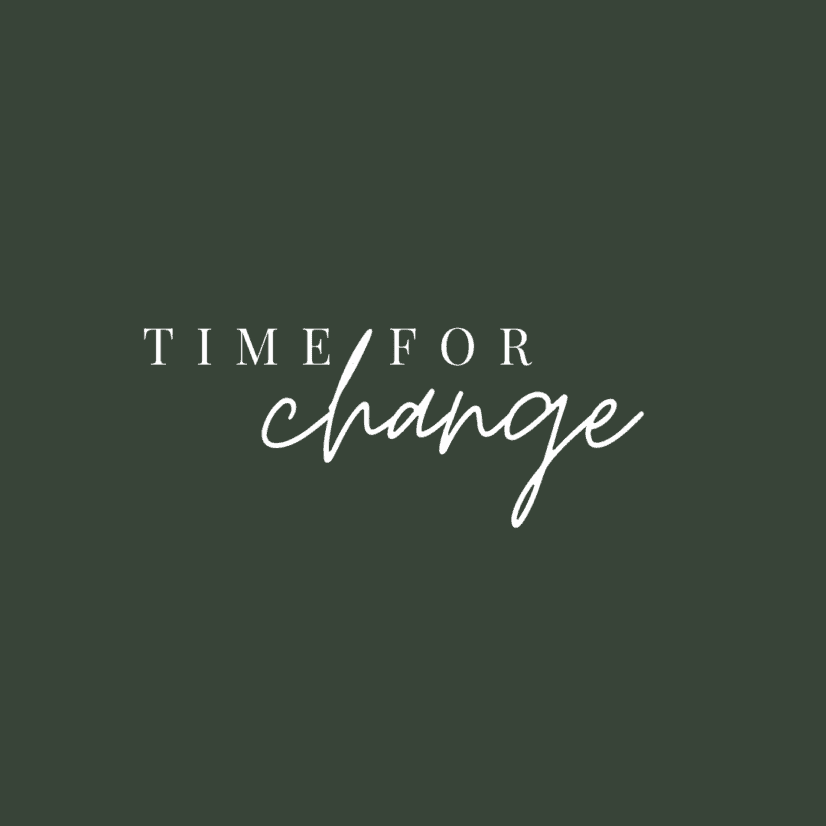You have likely heard some of the following phrases: Change is hard. Nothing worth having comes without a fight. Suffering produces perseverance. Although these sayings may hold truth for you, it certainly does not make the process of change any easier. In fact, one of the biggest challenges is recognizing when a change would be helpful.
Here are a few things that may prompt you to consider a change:
External cues may include:
- Negative shifts or patterns in relationships, whether personal or professional.
- A family member, friend or co-worker expressing concern, frustration, or even that critical feedback that somehow hits an all too familiar nerve.
- You notice yourself relying on unhealthy coping strategies, such as addictive substances, excessive eating or impulsive behavior.
Internal cues may include:
- Unwanted emotions that do not seem to go away. When we feel tired, more often than not, a good night’s sleep can do the trick. When that feeling lasts longer than we would like, however, it could be worth investigating.
- When we feel stress, worry, irritability, sadness, etc. These feelings are important indicators of something more that needs attention. And they can be difficult to interpret on our own.
Seeking help from a licensed counselor would offer an unbiased and trained perspective in both a confidential and professional setting.
The counseling process is one that promotes change through support, accountability, and development.
“When we can no longer change a situation, we are challenged to change ourselves… Everything can be taken from a human but one thing: the last of the human freedoms—to choose one’s attitude in any given set of circumstances, to choose one’s own way.”
-Viktor Frankl
Written by: GROW Staff

